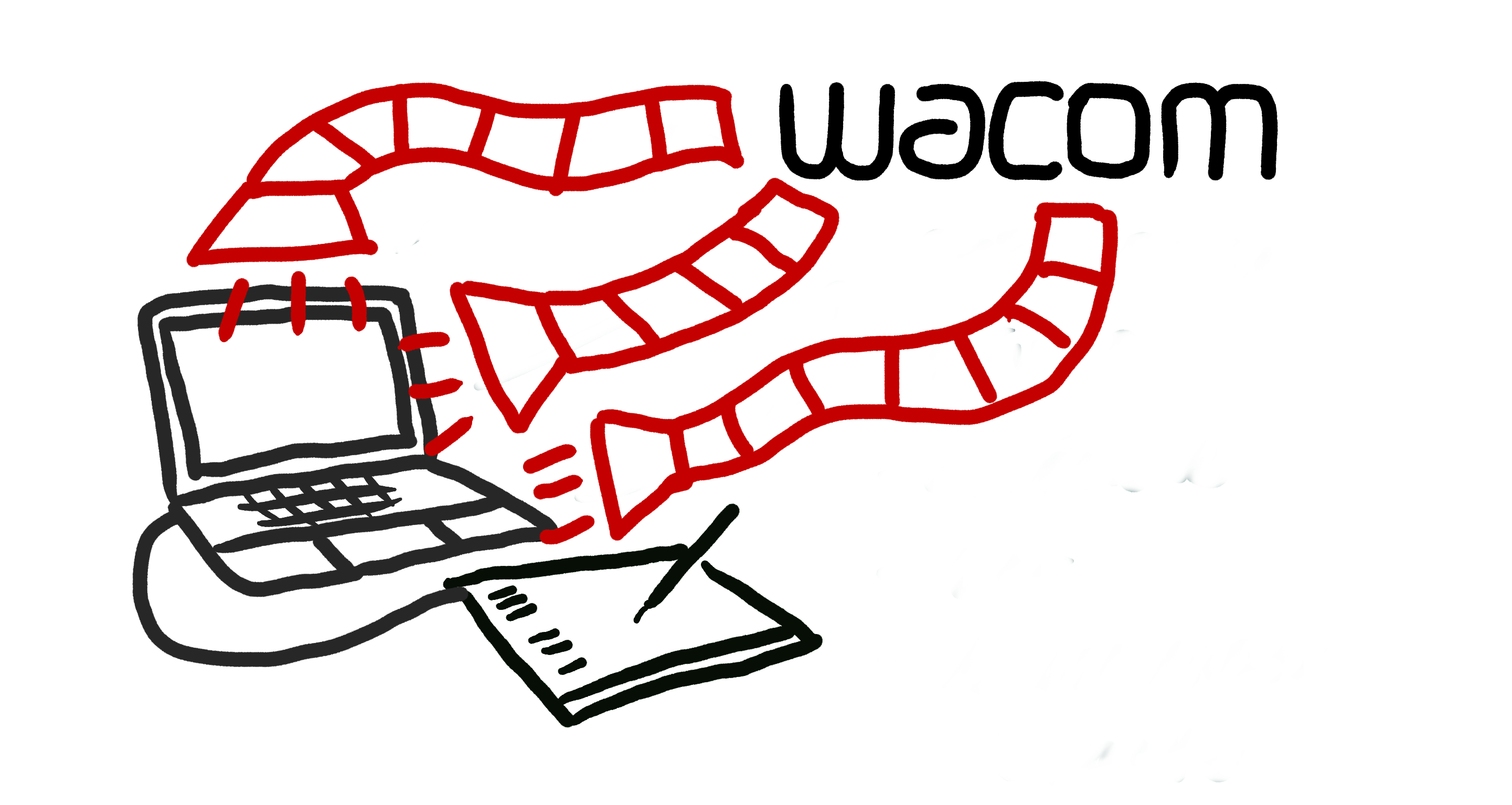Tricky one to score the stupidity in right order..
1.Stopping steel production for klimate nonsense?
2.Losing jobs from manufacturing & exports?
3.No strategic ability to make own steel?
4.Br-non-exit failure to renationalise steel production?
So Tata closed S. Wales steelworks and Sino Corp closed this one, now UK buys from..US or EU?
Did they close the Dutch one, bet not!

None of the above are the reasons for closing those steel mills.
The UK steel industry faces several significant challenges, many of which are structural and long-standing.
It's simple: if we want to keep producing steel here, government has to subsidise the industry which it cannot do at the moment through lack of resources. It needs to give about 2 billion a year to keep about 33,700 jobs. Do you think it's worth paying?
Here's a breakdown of the main problems by chatGPT:
1. High Energy Costs
UK steelmakers pay some of the highest electricity prices in Europe.
This puts them at a disadvantage compared to competitors in countries with cheaper industrial energy.
2. Global Competition
UK producers struggle to compete with lower-cost steel from countries like China, where production is heavily subsidized.
Overcapacity in the global steel market leads to dumping of cheap steel, which undercuts UK prices.
3. Aging Infrastructure
Much of the UK’s steelmaking infrastructure is old and less efficient.
Investment in modern, low-carbon technology has been slow, making operations less competitive and more polluting.
4. Environmental Regulations
Pressure to decarbonise means costly upgrades to meet climate targets.
The transition to electric arc furnaces or hydrogen-based steelmaking requires significant capital.
5. Lack of Long-Term Policy
Inconsistent government support and industrial policy has created uncertainty for investors.
Other countries offer clearer long-term support or subsidies for their steel sectors.
6. Brexit-Related Issues
Increased red tape and costs for exports to the EU, the UK’s largest trading partner.
Difficulty in accessing skilled labour and materials post-Brexit.
7. Falling Demand
The decline in UK manufacturing and construction reduces domestic steel demand.
Imports often fill demand more cheaply, further hurting local producers.
8. Investment Challenges
Uncertain economic conditions and profitability issues deter private investment.
Some large producers are foreign-owned (e.g., Tata), which adds complexity to investment and restructuring decisions.

 english.elpais.com
english.elpais.com


















